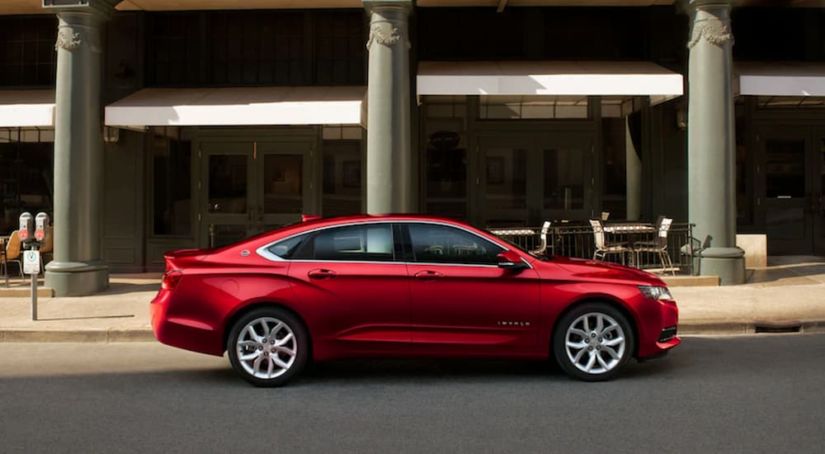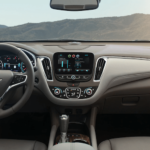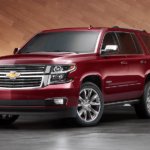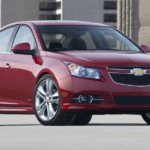Having a viable mode of transportation is a necessity for leading a productive life. For many who can’t rely on public transportation, that means having a car to get you around, and for those looking for something reliable, that means getting yourself into a Chevy. Unfortunately, it isn’t always easy or prudent to justify paying the kind of money it takes to own a new car outright. So, what other options are there? One way to minimize your monthly spend is to look at Chevy’s lease deals, but what does that entail? In what will be one of your most important investments, it’ll help to have all the facts.
What is a Lease?
Simply put, a lease is a long term contract you sign with a car dealership to drive a vehicle instead of buying the vehicle outright. This is a great option when looking at new cars as you’ll be able to take one home at a lower monthly cost than if you’d purchased it as your own. While this is a popular alternative to buying a vehicle, there are some other factors you should take into consideration.
Pros and Cons: Leasing vs Buying
As we’ve said already, leasing is a great option if you’re looking to save a bit on your monthly payments, but it can get costly if you’re leasing over an extended period of time or even signing continual leases. That being said, most Chevy dealerships have an experienced finance department who are qualified to discuss your best options based on your credit or other financial needs.
Another thing to keep in mind is that with a lease you’re paying to use the car within a certain number of miles traveled. This isn’t a problem if you have a reasonable commute or really just need a car to get around town, but could be troublesome if you intend to do a lot of traveling during the span of your lease. The terms of going over mileage differ depending on the lease, but you will be charged for every mile you go over.
You also have to realize that for all intents and purposes this will not be your car, and therefore you’ll have to treat it with a bit more care than you might if you’d bought it outright. That might not be a problem, as no matter what operating a vehicle is a huge responsibility, but it’s human nature to be a little more comfortable in a car that you’re not planning on giving back. It’s also very important you follow your advised maintenance schedule for the leased vehicle, as any uncommon wear and tear or excessive diminishment of the performance of the car could result in fees.
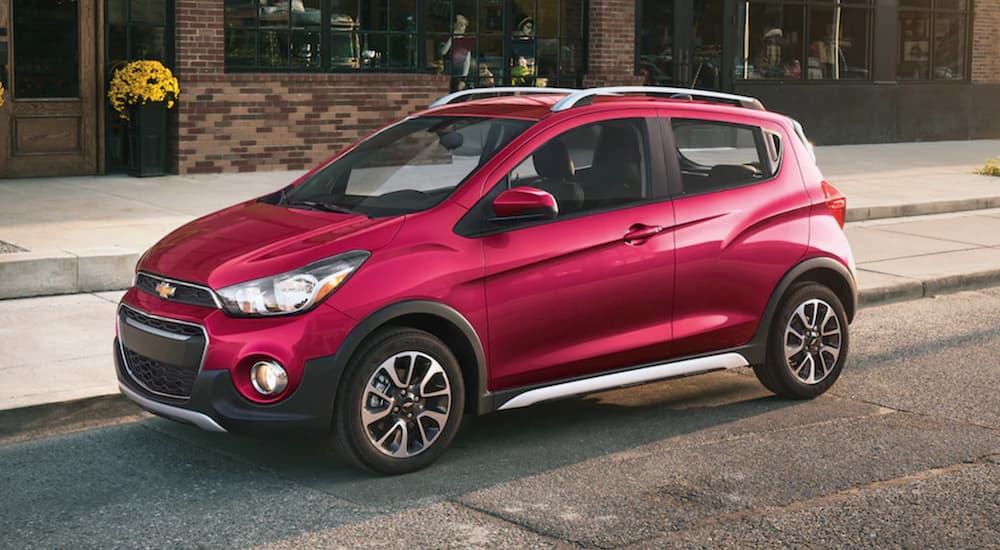
Do Lease Deals Change?
Yes, lease deals change based on promotions run by the dealer and can even differ from model to model. While it’s best known that car dealerships love to have sales around major holidays, lease deals are available year-round as they’re a great channel for revenue. Much like purchasing a car, the dealership can often help negotiate the lease that best suits your needs. Always be upfront about your price range and anything else that may factor into your ability to make payments. Remember: the salespeople want to make a deal, and a good dealership will be open to making that possible the best they can.
Can I Buy My Car After the Lease is Up?
While it may depend on the lease agreement, yes. At the conclusion of most lease agreements, the Chevy dealership will give you the option to buy the vehicle for its current value or an otherwise agreed upon estimate. This is often discussed when the initial deal is being put together, but other factors (such as the condition the vehicle is returned in) can affect your ability to purchase the vehicle after the fact. Often in the weeks leading up to the end of your lease, your Chevy dealership will reach out to advise options for what may come next, whether that be buying the current vehicle or looking into leasing a new one.
Can I End My Lease Early?
This one’s a bit trickier and would best be discussed beforehand with the dealer. Most lease agreements will require you to finish the remaining payments on the lease and may tack on additional fees such as an early termination fee and the cost to prepare the vehicle for sale. If you’re worried about how long you can maintain payments on a lease, it’s best to get a good idea of a timeframe that works for you to discuss possibilities with the dealership. While you may be able to make payments on a certain vehicle in theory, you don’t want to run the risk of having to terminate early and still be on the hook for remaining payments. Go in with a good idea of what you need and work from there.
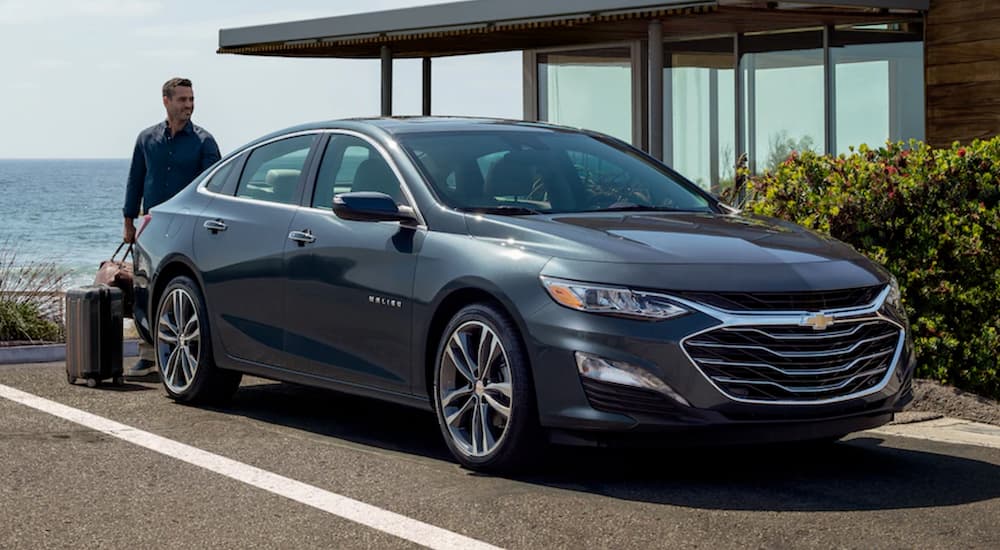
Does it Help My Credit?
Leases are a great option for a first-time buyer trying to get their young life started. Those same people are often trying to build up their credit, so it’s fair to ask: Will leasing help my credit? Leases work very similarly to regular car loans, especially how they get reported to credit agencies, so long as you make your payments on time having a lease will absolutely help your credit. After getting your loan agreement settled, maximize the impact it has on your credit by setting up automatic payments to ensure you never miss a payment.
While it will help your credit, the best chance for you to get the best possible deal will be to have some solid credit already. Much like buying a car, the dealership is going to be looking at your credit history to ensure you’ll be able to make your payments. So while there are often lease deals run by dealerships meant to help those with little to no credit, oftentimes recent graduates can find these deals, it’s best to make sure you’re going in with credit that won’t put your monthly payment goal out of reach. As with any other aspect of putting a lease agreement together, the financial team at the dealership will walk you through your best options. It is, of course, best to go in with a good comprehension of your own situation.
Having a vehicle available is essential for most people to carry out their everyday lives, especially when other modes of transportation are limited.
Why Choose a Lease?
For many, signing a lease agreement is the best option for their lifestyle or needs for people just starting out, building credit, or trying to reduce their monthly expenditures. While there are risks involved in any agreement, good car dealerships will always take your needs and abilities into consideration to help you find the best car with the best deal for you. With anything else, it’s best to go in with a plan and a clear sense of what you need, can afford, and can maintain. You’ll need to keep potential mileage, damage, and life changes in mind. In the end, leasing can be one of the most helpful and financially efficient solutions to one of life’s greatest needs: the freedom to get where you need to go.
